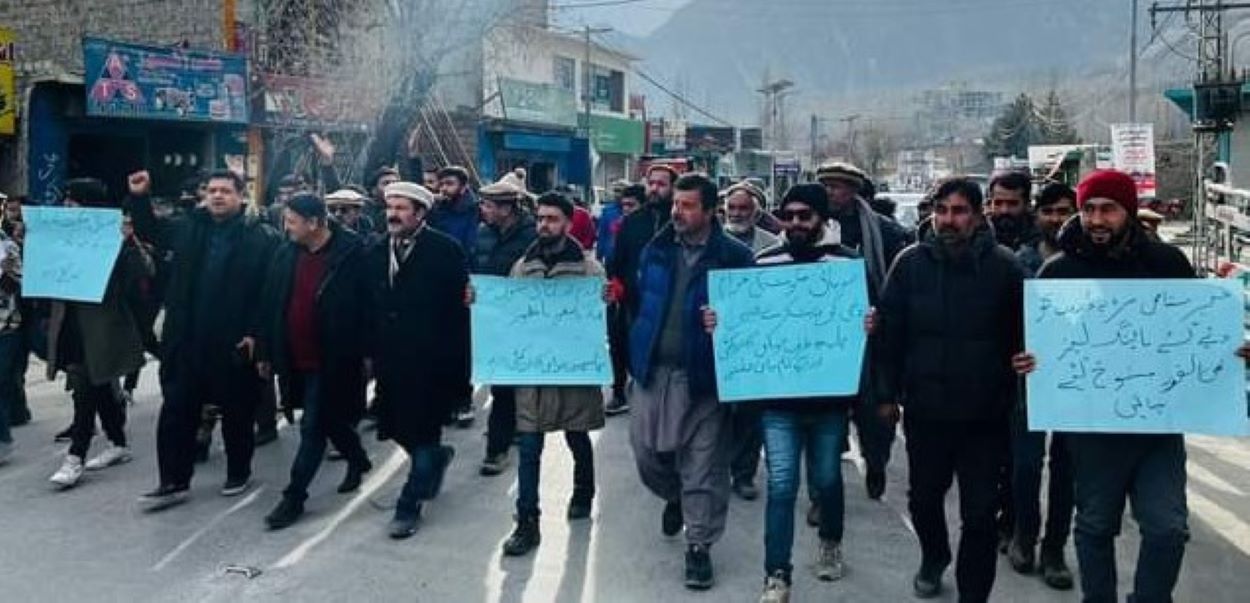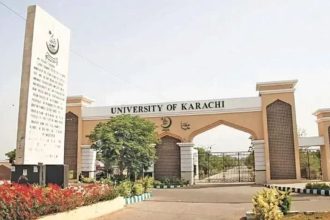As the wheat crisis in Gilgit-Baltistan escalates and public unrest grows, the joint opposition has officially requested an emergency session of the Gilgit-Baltistan Assembly.
The assembly’s meeting, scheduled for January 11, is a response to the urgent need to address the region’s intensifying wheat and financial crisis. The opposition leader in the G-B Assembly, Measum Kazim, has openly criticized both the GB and federal governments for neglecting the critical issues faced by the people of Gilgit-Baltistan.
Kazim has expressed disappointment in the federal government’s apparent lack of concern for Gilgit-Baltistan, stating, “The federal government has time to victimize a political party but has no time to address the issues of Gilgit-Baltistan.” He highlighted the unprecedented financial crisis faced by the region, noting that it is the worst in the last 75 years. Despite these significant challenges, Kazim pointed out the lack of support or intervention from the Prime Minister or the federal government.
Escalating Protests and Demands in Gilgit-Baltistan
In response to the ongoing crisis, Kazim underscored the necessity of collaboration with the GB government to combat discrimination and neglect. He suggested potential actions such as a sit-in protest in Islamabad, a press conference, or other measures to advocate for the rights of Gilgit-Baltistan.
Kazim also plans to discuss the overall security situation in Gilgit-Baltistan, expressing concern over the presence of terrorists in the region and the unfair treatment of peaceful rights advocates, who are often labelled under Schedule 4 of the Anti-Terrorism Act of 1997. He criticized the government’s heavy security deployment, which he believes infringes on the citizens’ freedom of expression and right to protest against government policies.
The protests against the spike in wheat prices have been gaining momentum, with ongoing sit-ins across various districts of Gilgit-Baltistan for the past 15 days. Demonstrators from Gilgit, Skardu, and other districts have warned of a potential march to Gilgit from all ten districts unless their demands are promptly met. These demands include not only the resolution of the wheat crisis but also the cessation of imposed taxes, an end to power outages, and addressing a range of other regional issues.
The joint opposition’s requisition of an emergency Gilgit-Baltistan Assembly session signifies a critical effort to address the wheat and financial crisis in the region. The opposition’s strategies and the escalating protests reflect the deepening concerns and demands of the people of Gilgit-Baltistan.






